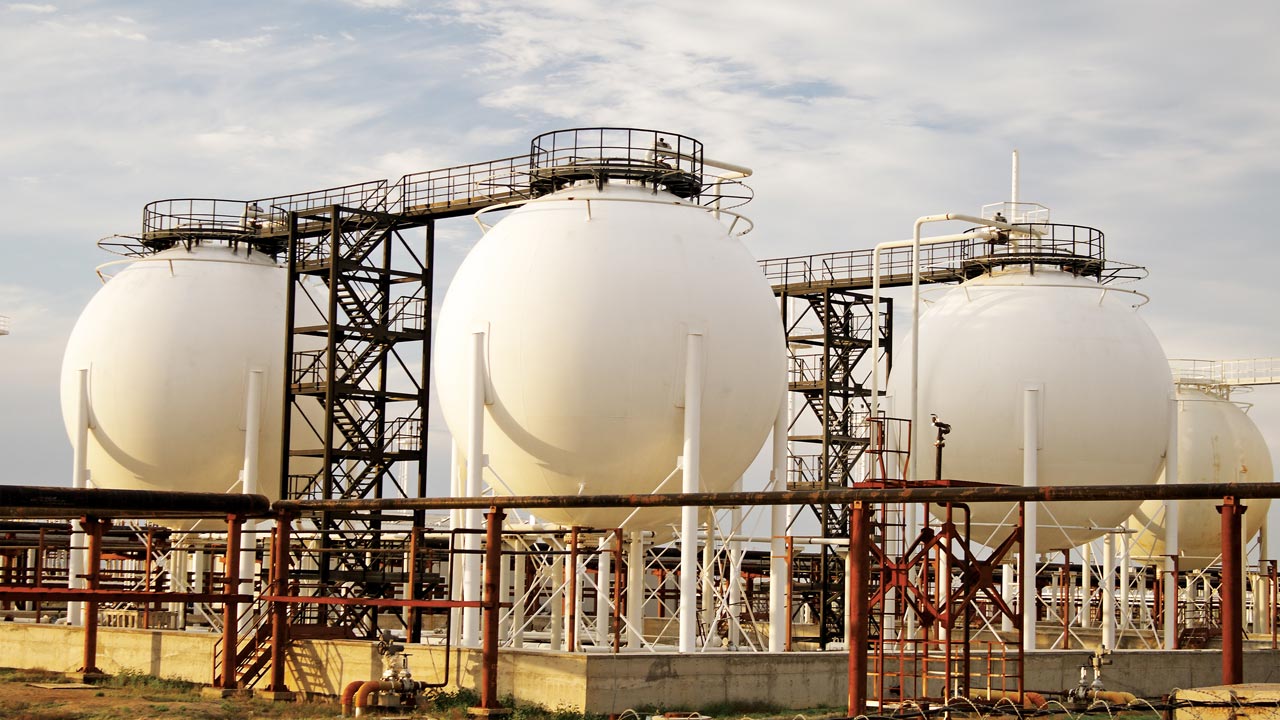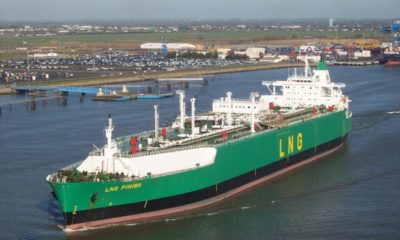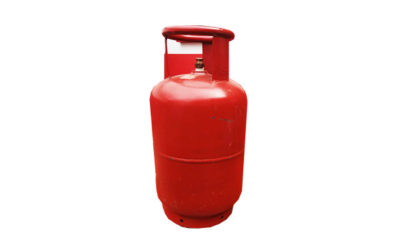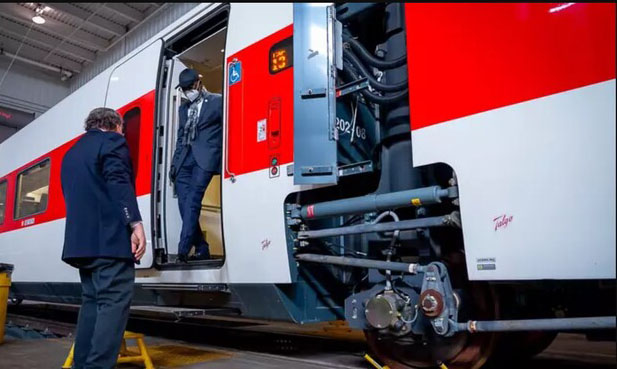Nigeria’s liquefied natural gas (LNG) export industry is facing significant challenges as feedstock shortages have led to a 13 percent decline in exports.
According to the latest 2024 World LNG Report by the International Gas Union (IGU), LNG sales from Nigeria dropped from 15.1 million tonnes in 2022 to 13 million tonnes in 2023.
This decline has caused Nigeria to fall from sixth place to eighth in the global LNG export rankings, losing its spot to Indonesia and Algeria, who exported 15.6 million tonnes and 13 million tonnes of LNG, respectively.
The primary cause of this setback is the dwindling supply of natural gas available for liquefaction. Various factors, including declining output from aging oil fields and pipeline vandalism that disrupts gas transportation, have contributed to the feedstock shortages.
The IGU report noted that Nigeria LNG declared force majeure on some cargo loadings in October 2022 due to significant flooding across its upstream gas supply production regions, which required several gas production wells to be shut down.
While flooding conditions have since been resolved, feedstock deliveries have not fully recovered due to ongoing pipeline vandalism.
This situation has severe consequences for Nigeria. The LNG industry has been a significant revenue generator for the country, and the loss of market share translates to a substantial decrease in income.
Also, the decline could potentially lead to job losses and hinder economic growth. In 2023, Nigeria LNG (NLNG) paid over $40 billion in dividends, with 49 percent going to the Federal Government of Nigeria through its shareholding in the company via the Nigerian National Petroleum Company (NNPC) Limited.
Payments to joint venture feed gas suppliers from inception to date amount to approximately $32 billion, with 55 to 60 percent of these payments going to the Federal Government through its shareholding in NNPC Limited.
Industry experts highlight several critical reasons for the decline in gas exports and production. Ayodele Oni, a partner at Bloomfield LP, cited insecurity and vandalism of gas infrastructure, which often result in significant losses and production disruptions.
The exit of some major International Oil Companies (IOCs) has also led to a reduction in investment in the gas sector, further exacerbating the problem.
Poor gas infrastructure and the shift of some IOCs from onshore and shallow waters to deep offshore fields, leaving indigenous companies with significantly larger responsibilities, have also contributed to the decline in gas exports and production.
Nigeria’s ability to regain its footing in the LNG export market hinges on addressing these challenges. Increased investment in gas exploration and infrastructure development is essential to ensure a steady supply for LNG production.
In March, Ekperipe Ekpo, Minister of State for Petroleum Resources (Gas), assured that serious work was ongoing to resolve the crisis in gas feedstock supplies to LNG production and distribution companies.
He reaffirmed the government’s commitment to bolster the nation’s gas supply and reassured a sustained increase in gas production and distribution.
“We are moving towards zero emissions, and we need to do everything to supply gas to Nigerians,” Ekpo said, highlighting the government’s proactive measures to address energy challenges and meet growing demand.

 Naira4 weeks ago
Naira4 weeks ago
 News3 weeks ago
News3 weeks ago
 Education4 weeks ago
Education4 weeks ago
 Social Media4 weeks ago
Social Media4 weeks ago
 Technology4 weeks ago
Technology4 weeks ago
 Investment4 weeks ago
Investment4 weeks ago
 Dividends4 weeks ago
Dividends4 weeks ago
 Economy4 weeks ago
Economy4 weeks ago























